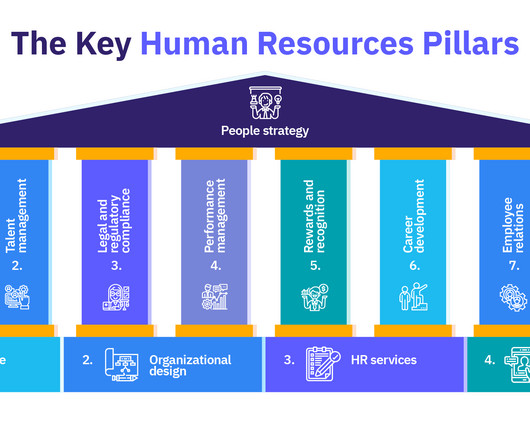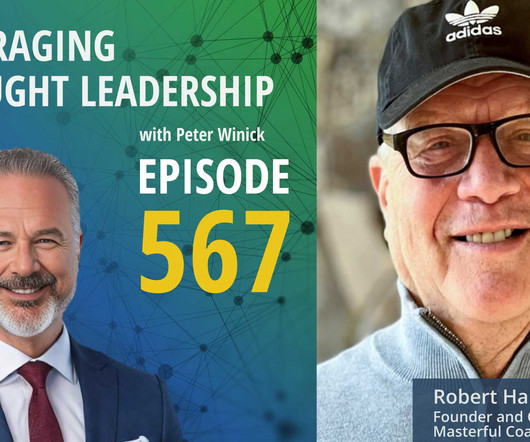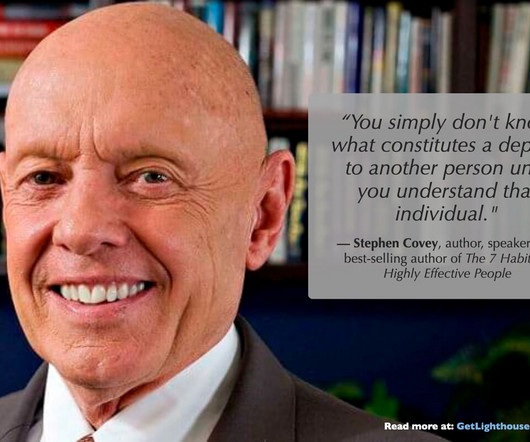Unleashing Predictive Power| Eric Siegel
Peter Winick
FEBRUARY 8, 2024
A Journey through Predictive Analytics and AI Deployment An interview with Eric Siegel on successfully deploying machine learning. Eric Siegel is a seasoned consultant with more than twenty years of experience with machine learning. In today’s podcast, Eric shares insights from his best-selling book, “Predictive Analytics: The Power to Predict Who Will Click, Buy, Lie, or Die,” and his second book, “The AI Playbook.” Having taught AI and machine learning at Columbia












































Let's personalize your content